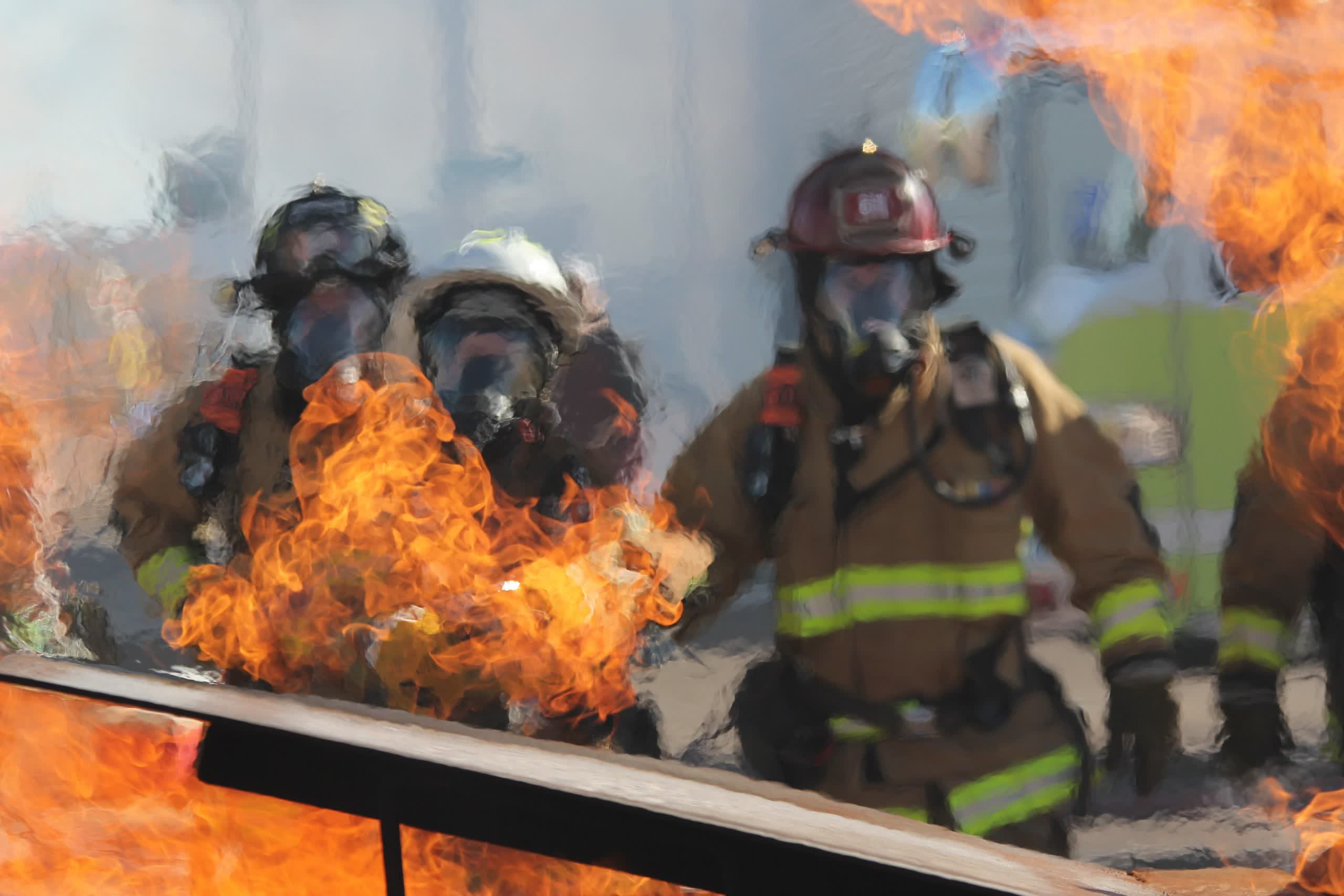Big quote: "It's basically bogus," said Ernesto Falcon, a lawyer at the Electronic Frontier Foundation. "The legislation is straightforward in that they just can't throttle public safety like they did in Santa Clara where they took their 50 Mbps down/10 Mbps up connection and brought it down to kilobits speed where it was useless to them."

CTIA, the wireless industry's largest lobbying group, is opposing a bill being proposed in California that would ban the throttling of data for firefighters and other first responders during a state of emergency.
Verizon found itself at the center of national controversy and recoil after throttling firefighters' data in California, while the state was battling one of its biggest wildfires to date. Verizon's throttling would later serve as a catalyst for both arguing against reversing the FCC's controversial rollback of net neutrality, and other state sponsored bills banning data throttling during emergencies.
It would seem CTIA, who represents wireless carriers such as Verizon, AT&T, and Sprint, "respectfully opposes" the language of the bill. California bill AB-1699, introduced by Assembly member Marc Levine, states that it shall "prohibit a mobile internet service provider from impairing or degrading the lawful internet traffic of its public safety customer accounts, subject to reasonable network management, during a state of emergency."
Grateful for the @CalChiefs_CFCA's support of my #ab1699 to prevent data throttling of first responders during an emergency. When seconds count, our first responders need every tool available to keep our communities safe. pic.twitter.com/pYUuVcauXi
--- Assemblymember Marc Levine (@AsmMarcLevine) April 25, 2019
In a letter, the CTIA wrote that it believes the bill's language is vague and ambiguous. The lobbying group also took issue with who could declare a state of emergency, saying such a trigger should be limited to the Governor or President, rather than local governments. The CTIA warned that the bill could cause "serious unintended consequences" or "invite needless litigation," the latter of which sounds like a subtle threat to sue the State of California should the bill go unamended.
Despite opposition, the bill has advanced with a 12-0 vote and will head towards an April 30 hearing with the Assembly Privacy and Consumer Protection Committee. "CTIA did oppose the bill but committed to work with Assembly Member Levine to address their concerns," said Terry Schanz, Levine's chief of staff in a statement to Ars Technica. "We are confident that we will be able to reach an agreement between first responders and wireless data providers to ensure that first responders have every tool available to them necessary to keep the public safe during an emergency."